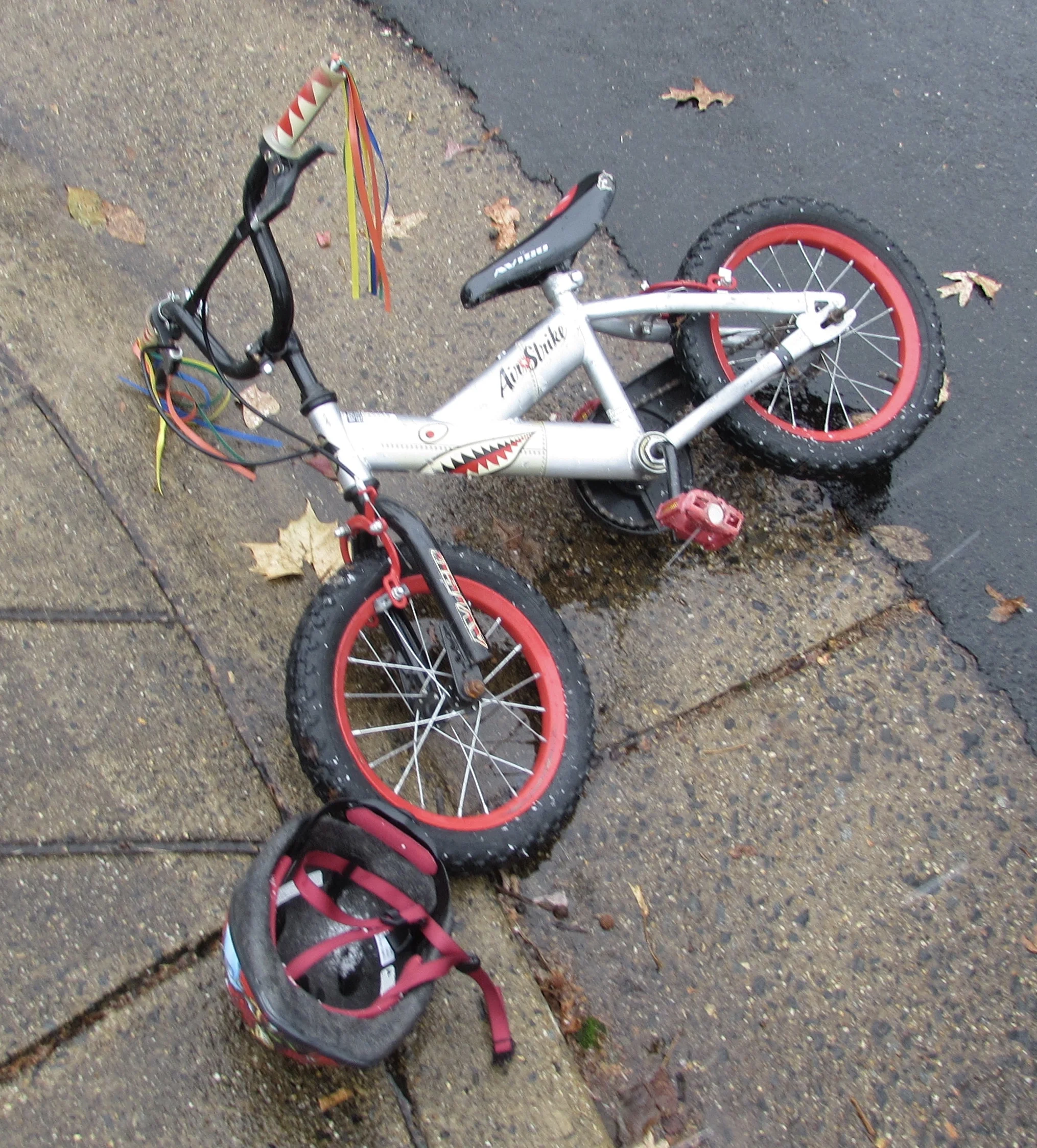Are "Mommy Media" Really Gutless?
The Washington Post article referenced below is paywalled.
Sarah Pulliam Bailey's How the Mom Internet became a spotless, sponsored void is an insightful view of how much social media, not just blogs, have evolved into well-scrubbed advertising vehicles. Her thesis is that "mommy blogs," once sources of reality and truth, have lost favor to heavily scrubbed and sanitized social media views that hide the often unpleasant realities of real parental life.
It's all about market segmentation and social trends. Eyeballs and ears go where the content is. Advertisers go where the eyeballs and ears are. When these two vectors intersect we get the specialized and sponsored -- and sanitized -- Instagram and Facebook feeds disappointedly referenced in Bailey's article.
I can't blame advertisers alone. It would be wrong to hold them completely responsible for the blandness Bailey's article describes. What frazzled parent at the end of the day wouldn't like to see comforting and aspirational pictures of ruby-cheeked cuties and adorable puppies? You don't really expect diaper manufacturers to focus on what diapers look like after they're used, do you?
Perhaps Bailey's "motherhood truth," once shared via her fondly remembered "mommy blogs," has simply migrated elsewhere, and not just to Facebook and Instagram. Podcasts, real-time texting, and instant messaging are also being used by modern parents (not just moms) to share experiences, as are the apps provided by clinics and health care providers and publishers. Healthcare providers, too, are much more inclined these days to interact with patients online, a practice that was resisted for many years.
One question we should be asking is whether parents and their children are any better off giving the shifting landscape of parent information sources. New moms, for example, can turn to their own moms and to their friends for advice; I don't see that changing regardless of technology.
My view is that the continually evolving mix of one-way and two-way information sources can't help but be a net positive, regardless whether these sources are sponsored or not.
It's all about trust. Parenthood isn't totally like modern politics where like-minded people can wall themselves off in their own comforting "filter bubbles." If sponsored content providers regardless of media provide unreliable or worthless information, they will fall by the wayside given a parent's interest in helping or protecting her child.
Copyright (c) 2018 by Dennis D. McDonald




